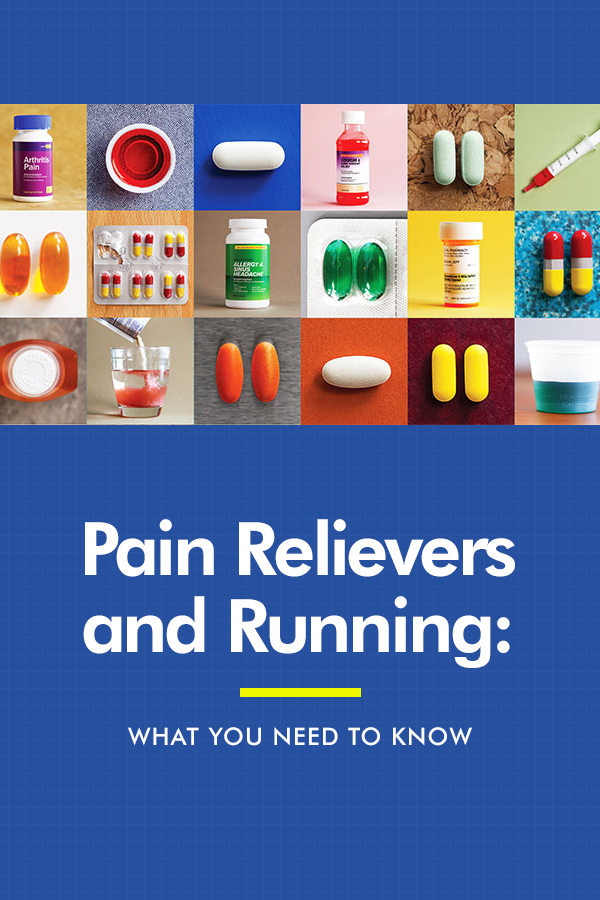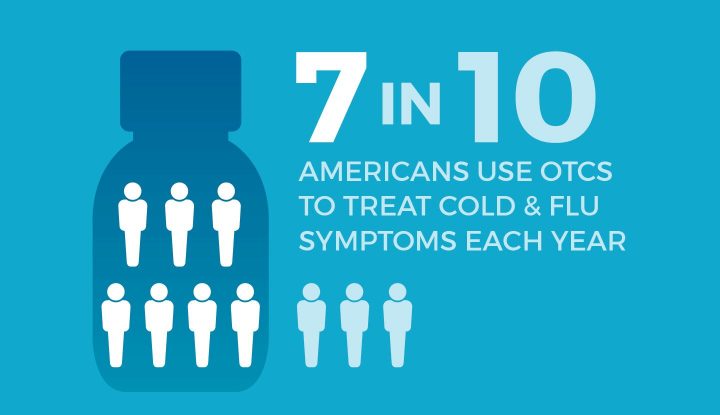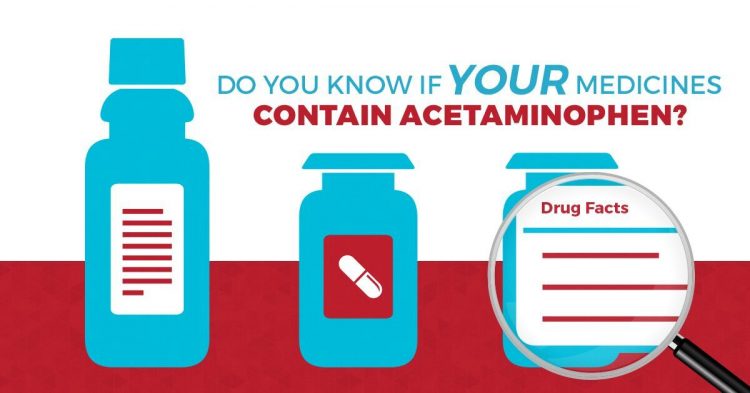If you’re a runner, at some point you’ve probably considered taking ibuprofen before running. Endurance athletes like marathon runners put themselves through rigorous weeks of training to be ready for race day, but this can come with a lot of aches and pains.
And so, many of us find ourselves reaching for that bottle of ibuprofen or Tylenol, but is it helping us relieve pain, or is it inadvertently harming our bodies?
This article will explain everything you need to know about taking ibuprofen before running, including potential side effects, and the natural alternatives you may want to consider and why.
What Types of Pain Relievers are there for Runners?
Before we get into understanding why you should or should not take ibuprofen before running, it’s important to know the different types of pain relievers we have on the market. The distinction is really important because of how it can effect you while running!
When it comes to over the counter options, we have two main categories: acetaminophen and non-steroidal anti-inflammatory drugs (NSAIDs).
Starting off with acetaminophen, it is the most common drug for pain relief and fever reduction, which is why you find it in things like Tylenol®, NyQuil®, and 600 other products.
The other type is called NSAIDs are including pain relievers such as aspirin, Advil, Aleve, Motrin, ibuprofen, magnesium salicylate, and naproxen sodium.
Both are capable of helping with symptoms such as fever, and also relieve pain, but only NSAIDs can reduce swelling, irritation, and inflammation.
Issues with Pain Relievers Before Running or a Race
Both acetaminophen and NSAIDs are safe and effective when used as directed. There are some important things you need to consider when taking either one before a run.
For runners, there are actually a number of big issues with using them:
- When it comes to acetaminophen liver damage due to acetaminophen overdose is actually the leading cause of acute liver failure!
- And when it comes to NSAIDs, inflammation is part of how your body grows and adapts to training stimuli so it’s not always good to try and ‘eliminate’ it by using such drugs.
- NSAIDs can cause some real stomach issues leading to a lot of runner’s diarrhea.
Let’s look at all of this more in-depth.
Liver Damage
Though total instances are rare in the context of the ingredient’s widespread use, acetaminophen overdose is the most common cause of acute liver failure in the United States, partly because it’s found in so many products.
Runners exacerbate the issue when taking it prior to workouts because the toxicity is amplified as your push your body.
And don’t think you’re good to go after the race!! The combo of acetaminophen and alcohol amplifies the effects even more. If you’ll be enjoying the beer tent, you may want to consider holding off on the meds.
While that’s the major reason to avoid overdoing it with acetaminophen, studies have shown that they can be taken by endurance runners before a race to help with pain, unlike NSAIDs. Why you’re wondering? Let’s look at the main reason:
Runners Trots
Feel like you’re consistently struggling with this issue? It could be related to the medicines you’re taking. NSAIDs can block an enzyme called cyclooxygenase, which protects the stomach lining from digestive acids.
Without that enzyme, as you push your body through a race you might experience nausea, diarrhea, cramps, gastrointestinal bleeding, and even gastrointestinal ulcers.
This can lead to the much-dreaded runner’s diarrhea, and cause all the problems you’re trying to avoid on race day, including cramps. If pain is truly a problem and you’re looking to use an OTC med, in this situation Tylenol (acetaminophen) is your best bet, not ibuprofen (NSAIDs).
Unfortunately, that’s not all. NSAIDs can also lead to acute kidney injury, so taking them in the sort of dosage most runners do before running is going to have adverse long-term effects.
A 2006, Study specifically during Western States 100 Miler found that nearly 70% of athletes were using ibuprofen before running and the results weren’t so great:
- they did not find any reduction in muscle soreness
- they did find some leakage from the colon creating full body inflammation
- they also found some markers for kidney damage (higher than those not using)
Hyponatremia
It’s often thought of as overhydration, but it’s even more closely related to having flushed your body of all electrolytes, which is easier to do while sweating through say a long run.
It’s easy enough to do this on any hot day when you’re dutifully drinking your water, but pain relievers block prostaglandins, which decrease blood flow to the kidney!
Whatever gains you think you’re making by taking something to avoid pain prior to a run might only be setting you up for a much larger problem.
Are you preventing gains from your workouts and damaging your body by running and taking over-the-counter pain relievers? Click To TweetSlows Down Recovery and Progress
Another often overlooked issue for runners is that constantly quelling inflammation might be hindering your progress. It’s actually hindering the natural recovery process your body goes through.
Another often overlooked issue for runners is that constantly quelling inflammation might be hindering your progress, which is what NSAIDs are designed to do (the exact same reason we say not to take ice baths after every long run!)
Inflammation isn’t entirely bad!
Immediately after a workout is the worst time to take anything for pain relief. In that moment, the inflammation is doing its job: helping your body to repair from the micro-trauma to become stronger, fitter, and better able to handle that same workout the next time you attempt it.
If you don’t let your body work through this process, you’re actually mitigating your gains!

Read your labels, know how they’re impacting your body, and don’t take them “just in case.“
If you’re in so much pain after most runs that you feel you need to take something, that’s a sign you need to build a better base and back off your workout intensity for a while.
Best Painkiller Before Running?
If you must use an OTC pain reliever, acetaminophen such as Tylenol won’t lead to the same gastrointestinal issues and has been shown to help endurance athletes, especially marathon runners.
A meta-analysis study showed that taking acetaminophen 45 minutes prior to a hard workout could improve your time to fatigue, thus your overall performance.
It works differently in the body than NSAID’s. In fact, paracetamol as it’s also called, works by blocking pain signals to the brain. This allows you to keep pushing just a little bit harder or further before your brain wants to override your effort levels.
Additionally, it helps to regulate body temperature which is another reason it can benefit endurance runners. If you aren’t overheating, you have a better chance of maintaining pace.
As always there are caveats to this:
- Don’t use it all the time.
- The timing of 45 minutes prior to starting was really key.
- More is not better, just take the 1.
Remember in high dosages, even acetaminophen can lead to liver damage. If you’re experiencing pain often after most runs, it’s time to take a step back to figure out what your body is trying to tell you.
And it’s still NOT recommended to take NSAIDs such as ibuprofen before running as they can lead to gastrointestinal issues. Reducing inflammation is also not always a good thing, as explained in the article.
What If You Need to Take A Pain Killer Before Running?
Even knowing all of this, I admit that there have been days I’ve needed to take an Aleve to deal with menstrual cramps to simply get through the day. So that often happens not long before my run. While it’s not ideal, it’s not an all the time thing either.
And that’s the key.
- Use acetaminophen occasionally.
- Don’t use it to mask a pain that you should not be running through.
- Don’t use it to deal with repeated post run pain, go figure out the issue.
So listen it happens. Don’t freak out if you do it once in a great while.
Total health is our biggest goal
I’d add that a final issue is simply caring for your entire family in a safe way.
According to the U.S. Food and Drug Administration (FDA), the recommended maximum daily dose of acetaminophen is 4,000 milligrams (mg) in a 24-hour period for adults.
It’s super easy to exceed this by taking your next dose too soon, taking more than the label tells you to, or accidentally using multiple products with it.
Especially as we are in the midst of cold and flu season, it’s important to take a minute to look at what you’re taking and ensure you aren’t overdoing it. Maybe you need far less. Or perhaps, as you’ll see below, you should skip it entirely!
Acetaminophen is actually in more than 600 over-the-counter (OTC) and prescription products! It’s not just in the ones you think of, it’s in your cold and flu medicine, allergy medicine, Alka-Seltzer Plus®, and sleep aids too, so taking more than the recommended dosage is unfortunately common.
Natural Alternatives to NSAIDs
If you want to reduce the general muscle pain and soreness that comes with running, start incorporating more quercetin and polyphenols.
Onions, apples, plums, and grapes are all examples of foods that contain these natural anti-inflammatories, which may help alleviate the aches and pains of training.
- Checkout turmeric pills (a good option for pain relief without the side effects)
- Use CBD for Runners (this is part of my nightly ritual to improve sleep and recovery)
- Soak in a hot epsom salt bath to relieve sore muscles
- Focus on staying well hydrated all the time
- Get to the root of your inflammation is it from foods, over training, form issues
Overtraining and lack of sufficient recovery are among the numerous reasons runners experience persistent muscle soreness. If that sounds like you, get checked up by your physician and consider hiring a running coach to check a gait analysis and to help you customize training plans to reduce the chances of injuries.
Hopefully this set you straight on ibuprofen before running!
Other ways to connect with Amanda
Instagram Daily Fun: RunToTheFinish
Facebook Community Chatter: RunToTheFinish
Get more running tips: Pinterest





 Resistance Band Workout For Hips And Glute Activation
Resistance Band Workout For Hips And Glute Activation
Lex @ Flecks of Lex
This is super helpful information! Thanks for writing this post.
Jenn
Interesting information. I would bet that most people don’t think about these things when popping a few pills. So important to pay attention to these things!
Maria
This is such a helpful post for avid runners! Knowing what your body can handle is so important.
Kelsey
While I appreciate the message of this post and wholeheartedly agree that it’s incredibly important for people to know accurate dosing information and potential side effects for OTC painkilelrs, this post leaves a lot to be desired. There are multiple instances of misinformation and misleading statements. I would highly recommend having professional input on future posts like this from someone educated in the subject — PharmD, MD, PA, NP, etc. In addition, as someone who is not a medical professional, you really should add a disclaimer to this post saying that. Readers should only follow advice regarding medications, even OTC medications, from their own doctor or provider. This post is very disappointing.
amanda
I appreciate the feedback. I actually did this in conjunction with Know Your Dose. I provided their information which was government and doctor approved, along with verified studies of information. I do point out dosing should follow the label.
Alisa Fleming
This is very interesting. I remember in high school, after soccer tournaments I would be so insanely sore, and I couldn’t figure out why I was always this way since several of the other girls on my team seemed to be pretty okay. I found out later that they were all popping pain relievers – and a lot of them! At that age, I really didn’t even know pain relievers were a thing. I’ve avoided them most of my life, but sometimes you need one!
Lorie
Ok, love the tip about not taking pain deliver right after a workout or training. Not something I knew was a bad thing!